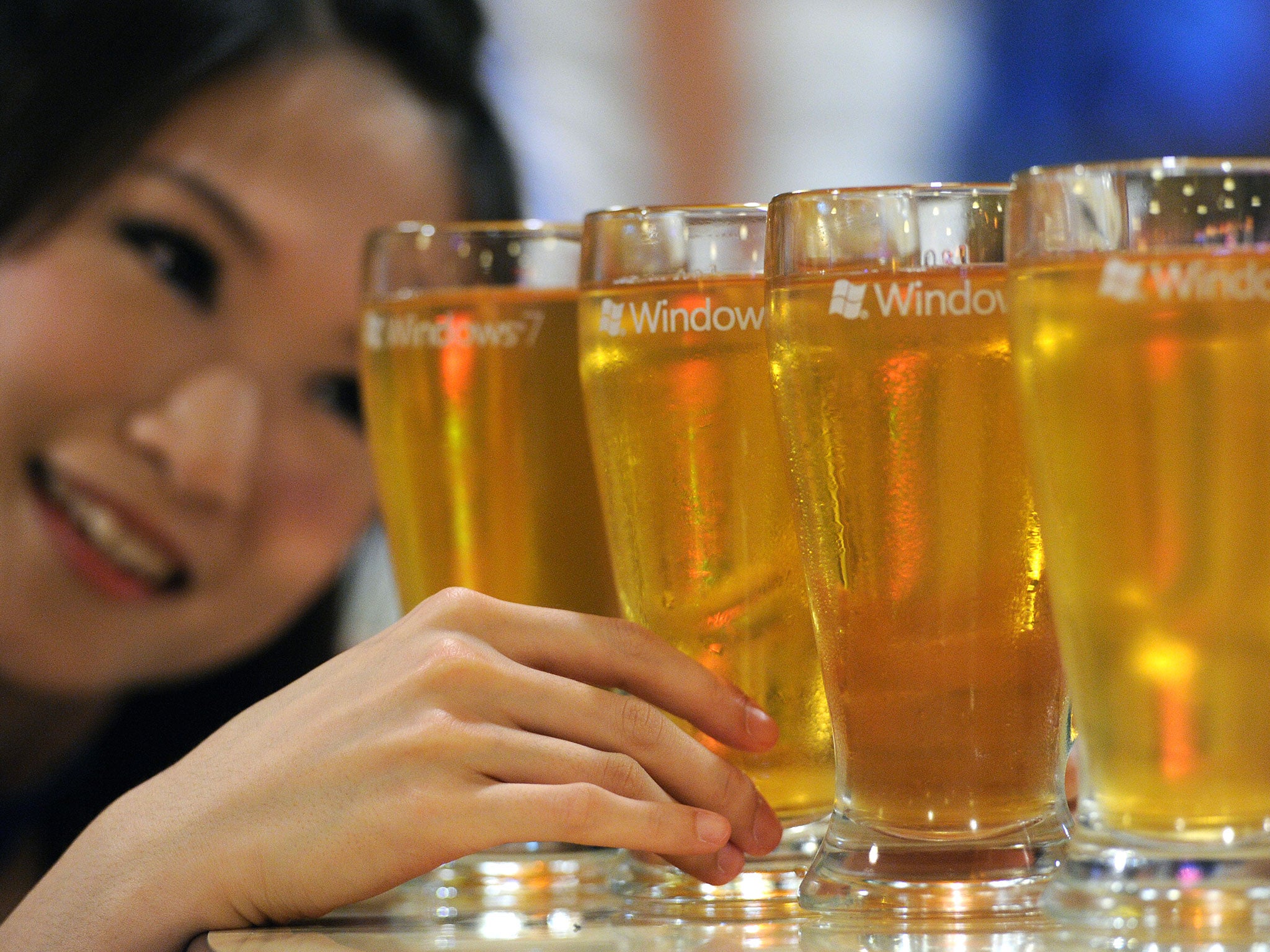Around half of Taiwan's population lack a gene required for metabolising alcohol
The ALDH2 gene enables the body to properly metabolise alcohol

Around half of the population of Taiwan lacks a gene that is required to properly metabolise alcohol, meaning many Taiwanese people can experience flushed faces, respiratory problems and even an increased risk of cancer when they drink.
As reported by the China Times, the percentage of people lacking the ALDH2 gene in Taiwan is higher than in any other nation, at 47 per cent.
The claims come from Che-Hong Chen, a senior research scientist at Stanford University's Mochly-Rosen Lab biological research institute.
Deficiency is common in east Asia, with 35 per cent lacking the gene in China, 30 per cent in Japan, and 20 per cent in South Korea.
While Europeans, most of whom carry the gene necessary to metabolise alcohol properly, are often told that small amounts of red wine can be beneficial to the cardiovascular system, this advice is not applicable to east Asians, according to the Stanford research.
Those lacking the gene can actually increase their risk of cancer, as the acetaldehyde in alcohol, which is usually easily metabolised those with the gene, builds up in the body.
Acetaldehyde is a probable carcinogen, meaning that ALDH2-deficient people can increase their risks of mouth, throat and esophagal cancers 50-fold through regular consumption of alcohol.
Chen said that those curious to see if they have the gene or not can soak a plaster with an alcoholic drink and put it on their skin.
If the skin turns a reddish colour after 20 minutes, then it is likely that they lack the gene.
However, Taiwanese drinkers may soon have a solution - Chen said that a product that can 'activate' the deficient gene could be on the market within five to 10 years, meaning no more red faces during drinking sessions.
Join our commenting forum
Join thought-provoking conversations, follow other Independent readers and see their replies
Comments